
Venturing into the Australian wilderness with a modern caravan offers a unique blend of adventure and comfort. This comprehensive guide will equip you with essential tips and tricks to enjoy the outdoors while being self-sufficient and disconnected from modern amenities. Discover the freedom and adventure that off-grid caravanning offers, and prepare yourself for a journey that promises unforgettable memories.
Planning for Off-Grid Camping: The Key to Success
Research and Select a Suitable Location
Australia is home to a plethora of stunning off-grid camping locations. From the serene lakeside spots in Victoria to the rugged landscapes of the Outback, there's a location to suit every camper's preference. Consider factors such as the availability of amenities, proximity to attractions, and the level of solitude you desire. Once you've identified a location, make sure to secure any necessary permits or permissions to avoid any legal complications.
Evaluate and Prepare Your Caravan
Before you venture off-grid, it's crucial to assess your caravan's capabilities and ensure it is equipped for self-sufficiency. Modern caravans often come with a dual lithium battery system, solar panels, and onboard water tanks, providing you with power and water supply. Check these systems thoroughly before your trip. Also, ensure you have reliable communication devices and emergency equipment. For example, a well-stocked first aid kit and a satellite phone can be lifesavers in emergencies.
Plan for Sustainable Energy and Resources
Off-grid camping often requires alternative energy sources. Your caravan's solar panels and dual lithium battery system can provide a sustainable power supply. For cloudy days or additional power needs, consider bringing a portable generator. Practice water conservation to make the most of your onboard water tanks. Have a plan for waste disposal and recycling, respecting the natural environment. For instance, a portable composting toilet can be a great solution for waste management.
Create a Detailed Itinerary
Develop a comprehensive itinerary that includes travel routes, planned activities, and backup options in case of unexpected changes. Research local regulations and guidelines to ensure you adhere to any restrictions. Inform a trusted contact about your plans and check in with them periodically for safety purposes. For instance, if you plan to hike, make sure to note down the trail details and estimated return time.
Essential Gear for Off-Grid Camping
Reliable Shelter
Your modern caravan is your primary shelter, providing you with comfort and safety. It's also a good idea to pack a lightweight tent or hammock for those times when you want to sleep under the stars or take a nap by the lake.
Powering Your Caravan: A Detailed Guide to Setting Up a Lithium Battery System
Understanding the Basics
Before we delve into the specifics, it's important to understand the basics of a caravan power system. The system typically consists of a power source (like solar panels or a generator), a battery to store the power, and an inverter to convert the stored DC power into AC power for use. In this guide, we'll focus on a dual lithium battery system, solar panels, and a portable generator as the power sources.
The Dual Lithium Battery System
Lithium batteries are a popular choice for caravans due to their long lifespan, high energy density, and ability to deliver high currents. A dual lithium battery system means you have two lithium batteries connected in parallel. This setup doubles the capacity, allowing you to store more power for your off-grid adventures.
When setting up your dual lithium battery system, ensure the batteries are securely mounted in a well-ventilated area to prevent overheating. It's also important to use a battery management system (BMS) to protect the batteries from overcharging, over-discharging, and overheating.
Solar Panels
Solar panels are an excellent power source for off-grid camping in Australia, thanks to the country's abundant sunshine. They convert sunlight into electricity, which is then stored in your lithium batteries.
When choosing solar panels, consider their wattage and efficiency. Panels rated around 200W are usually sufficient for most caravans. However, if you have high power needs, you might need more or higher-rated panels. Also, consider the type of solar panels. Monocrystalline panels are more efficient but also more expensive, while polycrystalline panels are less efficient but more affordable.
To set up your solar panels, mount them on the roof of your caravan or use portable panels that you can move around to catch the sun. Connect the panels to a solar charge controller, which regulates the voltage and current coming from the panels and ensures your batteries are charged correctly.
Portable Generator
A portable generator can provide additional power or charge your batteries when solar power is insufficient, such as on cloudy days or during winter. When choosing a generator, consider inverter generators as they are quieter and more fuel-efficient. A model around 2000W should be enough to charge your caravan's batteries and power your appliances.
To use your generator, connect it to your caravan's power input using an appropriate cable. Make sure to operate the generator outdoors in a well-ventilated area to prevent carbon monoxide poisoning.
Power Inverter
A power inverter is a device that converts DC power from your solar panels or generator into AC power for certain appliances. When choosing an inverter, consider its power rating and efficiency. A 1000W to 2000W inverter should be sufficient for most caravans.
To set up your inverter, connect it to your batteries using the appropriate cables. Then, connect your AC appliances to the inverter. Make sure to turn off the inverter when it's not in use to prevent power loss.
By setting up a dual lithium battery system, solar panels, and a portable generator, you can enjoy a reliable power supply for your off-grid camping adventures. Remember, the key to a successful setup is careful planning and correct installation. If you're unsure, consider seeking help from a professional.
Water Supply
Your caravan's onboard water tanks provide a convenient water supply. However, it's important to conserve water, especially when camping for extended periods. Consider bringing a portable water filter for emergency situations.
Cooking Equipment
A portable stove or BBQ is essential for cooking meals. Don't forget to pack enough fuel for your trip. Also, consider bringing a kettle for boiling water and a cooler to keep your food fresh.
Staying Connected: A Detailed Guide to Communication Devices for Off-Grid Caravanning in Australia
Introduction
Staying connected while off-grid caravanning in remote areas of Australia can be a challenge. However, with the right communication devices, you can maintain contact with the outside world and ensure your safety during emergencies. This guide will explore various communication options, including mobile phones, UHF radios, EPIRB devices, and Starlink setups.
Mobile Phones
Mobile phones are the most common communication devices. However, in remote areas of Australia, cell service can be spotty or non-existent. Before heading off-grid, check the coverage maps of your mobile service provider to know what to expect.
If you're travelling in areas with limited coverage, consider investing in a mobile phone signal booster. These devices can amplify weak signals, improving your phone's reception and increasing the chances of making and receiving calls.
Remember to keep your phone charged. A portable charger or power bank can be a lifesaver, especially when you're away from your caravan or during power outages.
UHF Radios
Ultra High Frequency (UHF) radios are a reliable communication option for off-grid caravanning. They don't rely on mobile networks, making them ideal for remote areas. UHF radios are commonly used for vehicle-to-vehicle communication in convoys, but they can also be used to communicate with nearby campers or emergency services.
When choosing a UHF radio, consider its range, battery life, and the number of channels it supports. Also, make sure it complies with the Australian Communications and Media Authority (ACMA) regulations.
EPIRB Devices with Text Capabilities
Emergency Position Indicating Radio Beacons (EPIRBs) are devices that transmit a distress signal to search and rescue services in case of an emergency. Some EPIRBs also have text messaging capabilities, allowing you to send and receive text messages via satellite.
These devices are particularly useful in life-threatening situations where mobile phone service is unavailable. When activated, the EPIRB sends out a signal with your location to the nearest rescue coordination centre, facilitating a quick rescue operation.
Starlink Roam Setups
Starlink, a satellite internet service provided by SpaceX, offers a potential solution for internet connectivity in remote areas. With a Starlink Roam setup, you can access the internet for browsing, emails, and even Wi-Fi calling.
Setting up Starlink involves installing a satellite dish on your caravan and connecting it to a power source and your devices. The service provides high-speed internet, but it's dependent on the satellite coverage, which is continually expanding.
While Starlink can be a game-changer for off-grid caravanning, it's worth noting that the service and the equipment can be quite expensive. Therefore, it's a good option if you need regular internet access during your off-grid adventures and are willing to invest in it.
Staying connected while off-grid caravanning in Australia is crucial for safety and convenience. Whether it's a mobile phone with a signal booster, a UHF radio, an EPIRB device, or a Starlink setup, the right communication device can make your off-grid adventure safer and more enjoyable. Remember, the best communication setup for you depends on your needs, budget, and the areas you plan to visit.
Navigation Tools
Even if you plan to stay at your campsite, it's important to have navigation tools like a compass and maps. A GPS device can also be useful, especially if you plan to explore the surrounding areas.
Embracing the Off-Grid Experience
Off-grid camping provides a unique opportunity to disconnect from the digital world and immerse yourself in the tranquility of nature. Here are some ways to make the most of your off-grid experience:
Exploring Remote Locations
Off-grid camping allows you to explore remote locations that are often untouched by human intervention. These locations offer unique landscapes and wildlife that can make your camping experience truly special. For instance, camping in the Australian outback can provide opportunities to spot unique wildlife like kangaroos and emus.
Living Off the Land
Living off the land is a key aspect of the off-grid experience. This could involve fishing for your dinner or foraging for wild berries. Always ensure that you are aware of the local regulations and only forage or fish where it is legal and sustainable to do so.
Embracing Minimalism
Off-grid camping is a great opportunity to embrace minimalism. With limited resources, you learn to prioritize your needs and appreciate the simple things in life. This could be as simple as enjoying a cup of coffee brewed over an open fire.
Outdoor Activities
Immersing yourself in outdoor activities such as hiking, fishing, and stargazing can greatly enhance your off-grid camping experience. These activities not only provide entertainment but also allow you to connect with nature on a deeper level.
Conclusion: The Rewards of Off-Grid Camping
Off-grid camping with a modern caravan can provide a unique and rewarding experience. By carefully planning and embracing the simplicity of being off-grid, campers can enjoy a peaceful and rejuvenating getaway. The freedom to explore remote locations, the joy of living off the land, and the tranquility of being disconnected from the digital world are just a few of the rewards that off-grid camping offers.
Investing in solar power systems for caravans can greatly enhance the off-grid camping experience. These systems provide a reliable source of electricity, allowing campers to power their appliances and devices without relying on traditional electricity sources. Moreover, staying organized and minimizing waste are crucial aspects when camping off-grid. Careful planning and packing can help save space and reduce the need for frequent resupplies.
Off-grid camping has seen a surge in popularity in recent years. Many outdoor enthusiasts have embraced the freedom and tranquility that off-grid camping provides. It has become a way to disconnect from the fast-paced modern world and reconnect with nature in a more meaningful way. So, pack your bags, prepare your caravan, and set off on your off-grid adventure today




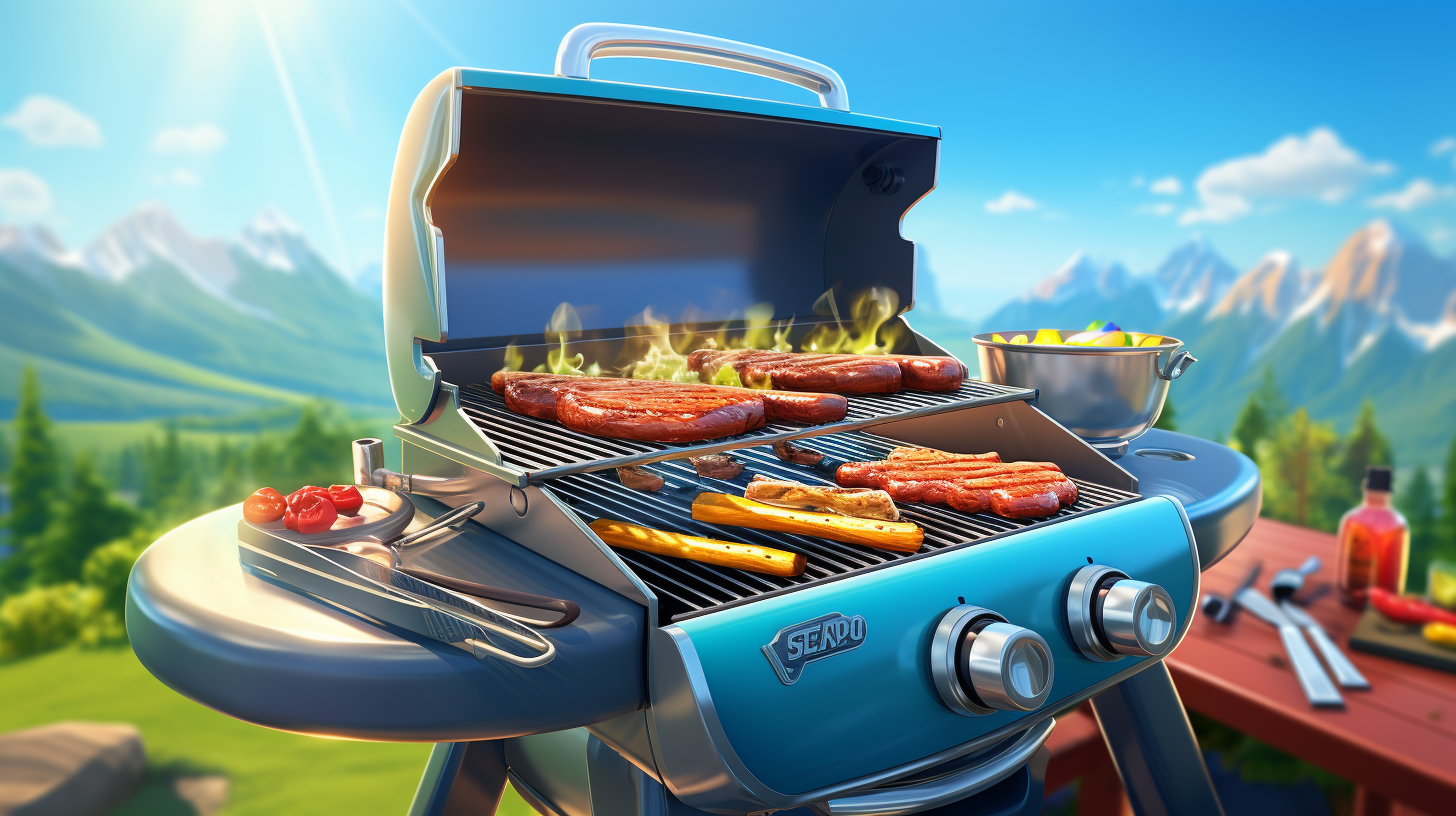

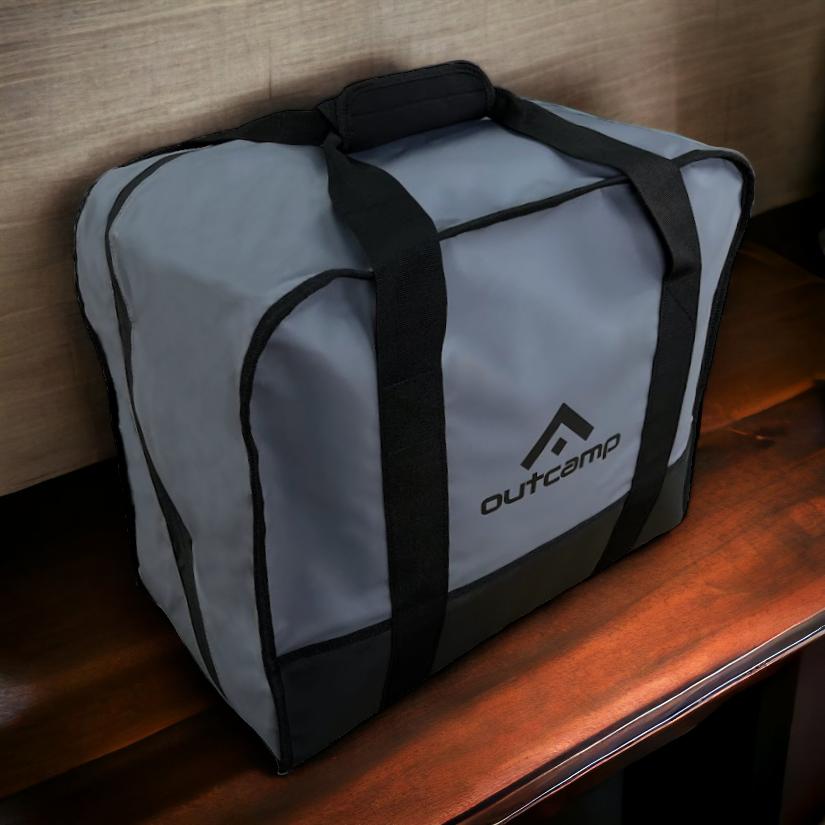
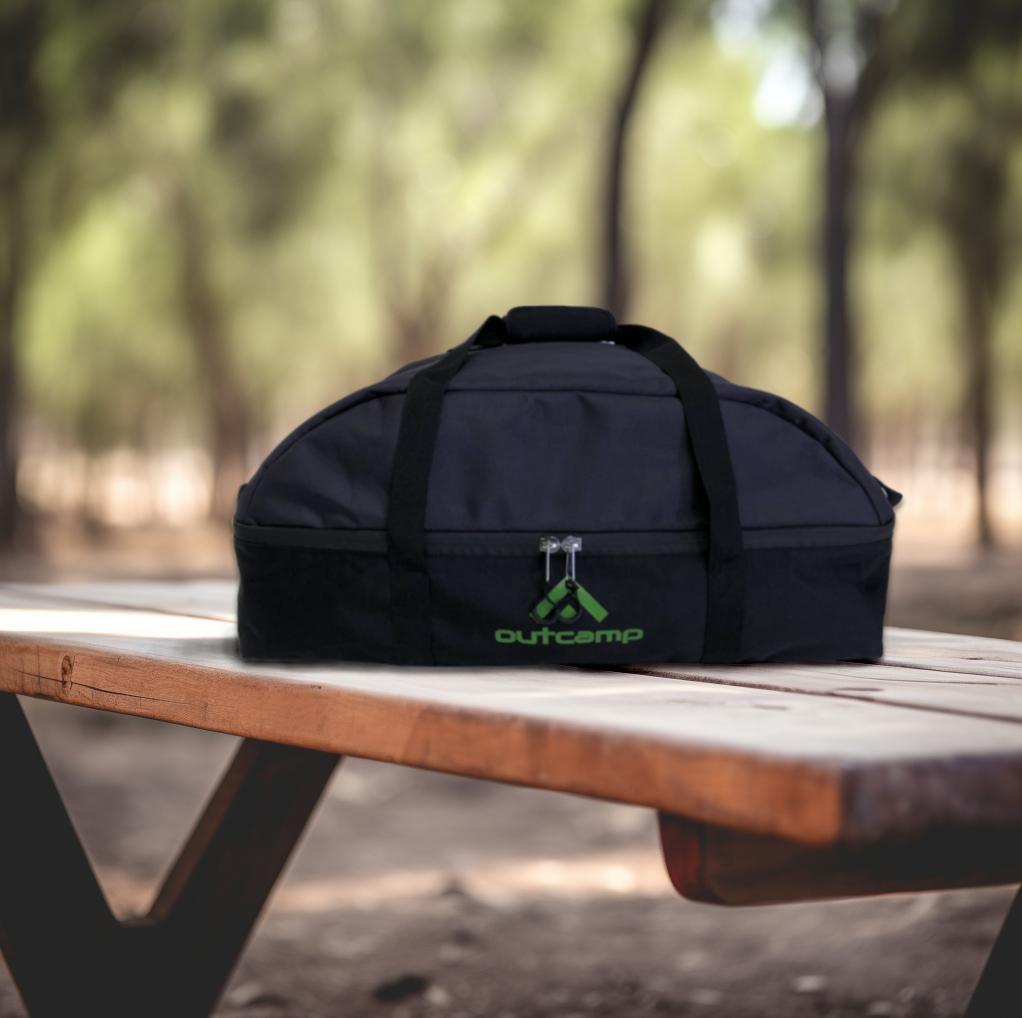
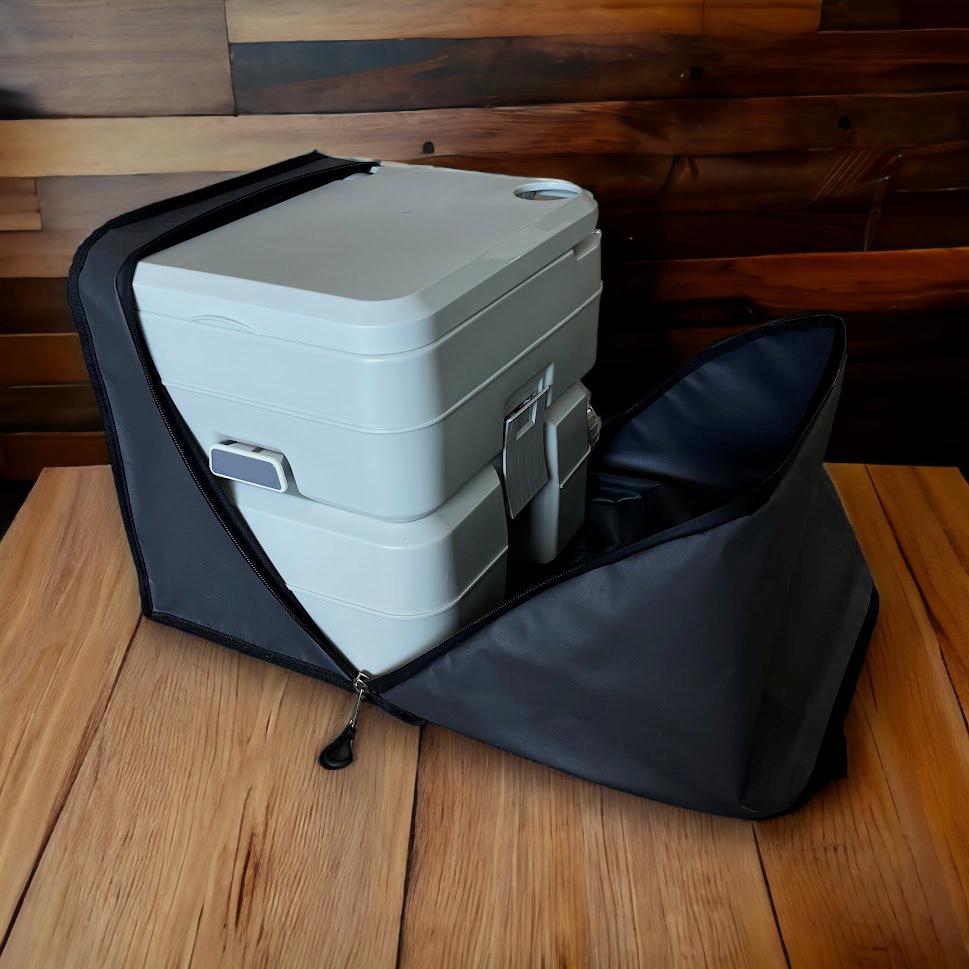
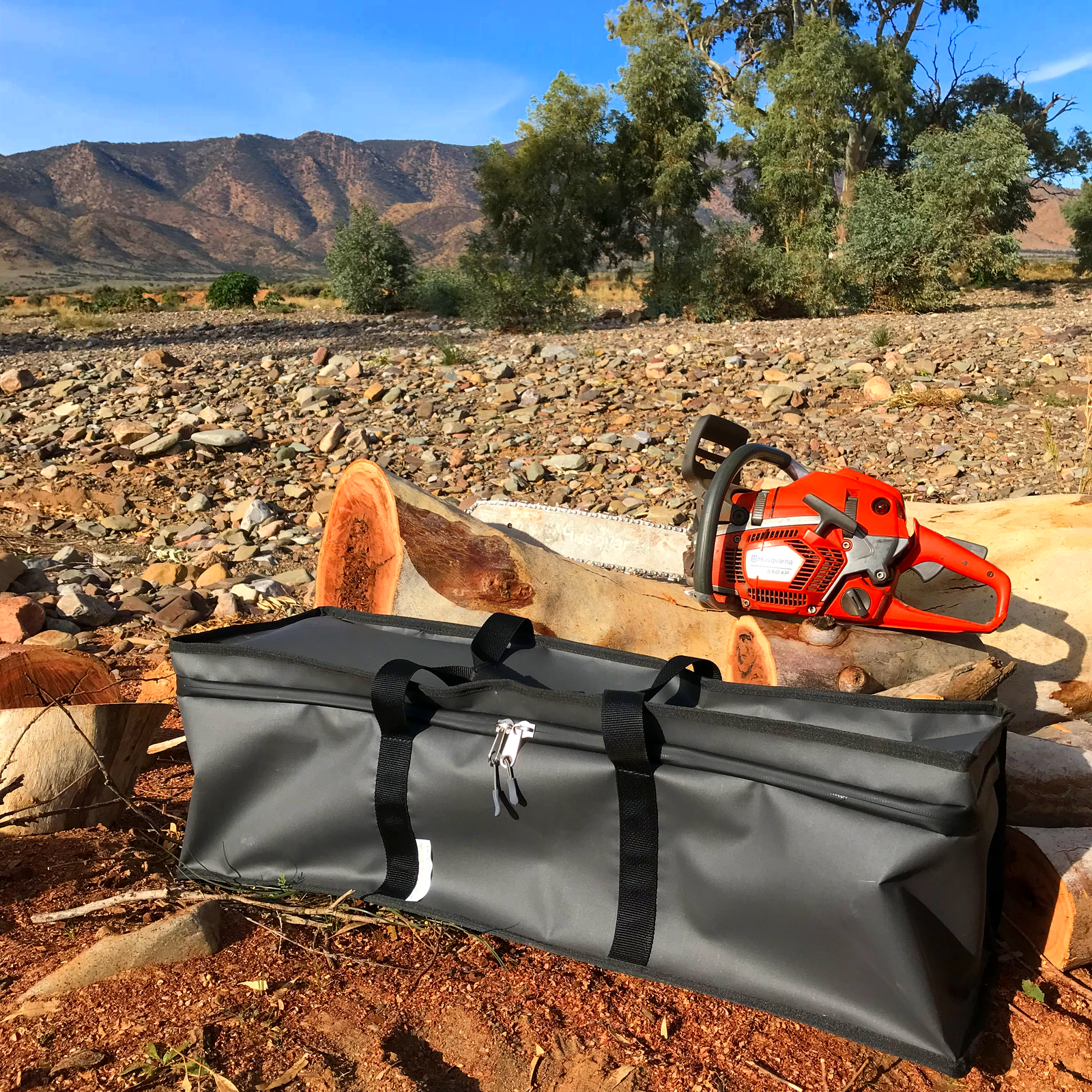
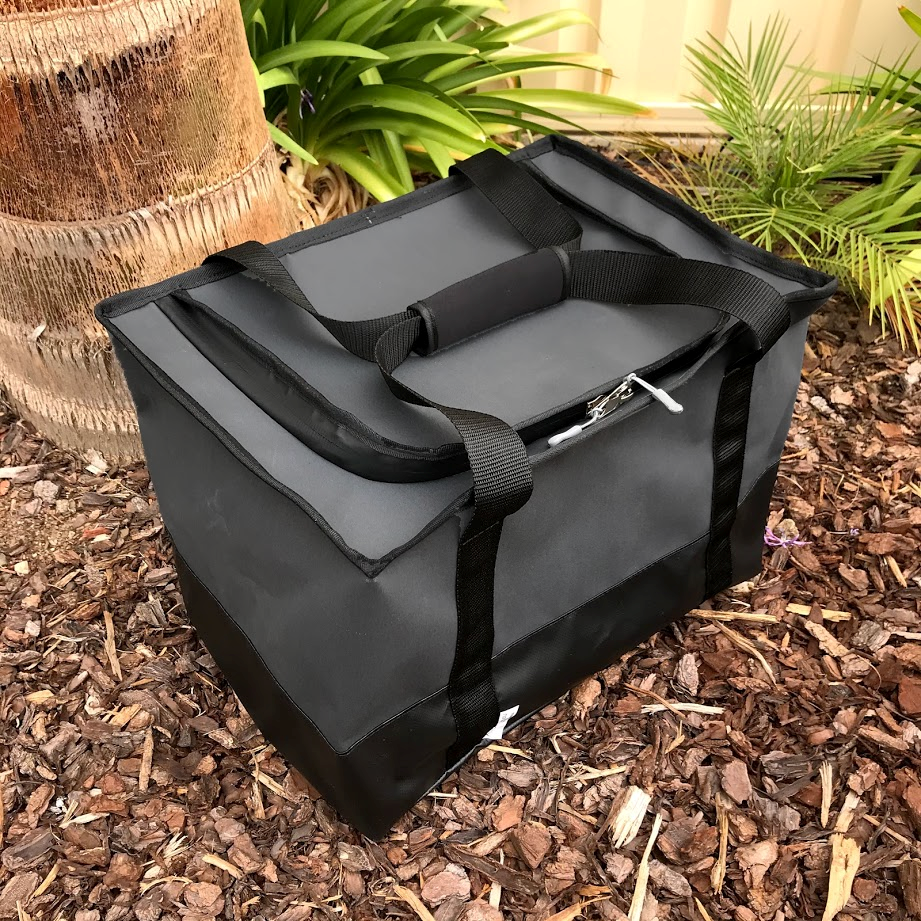
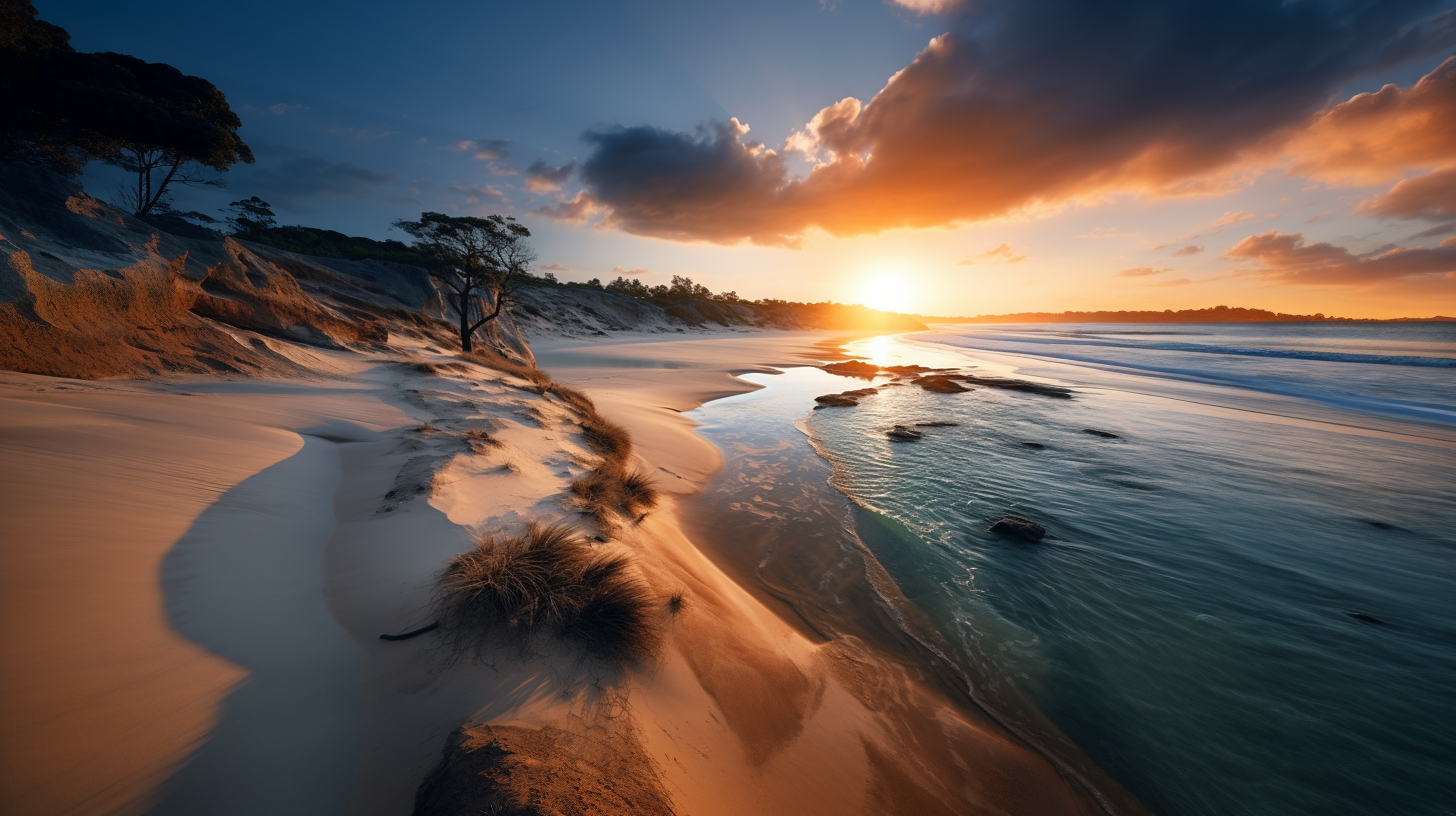
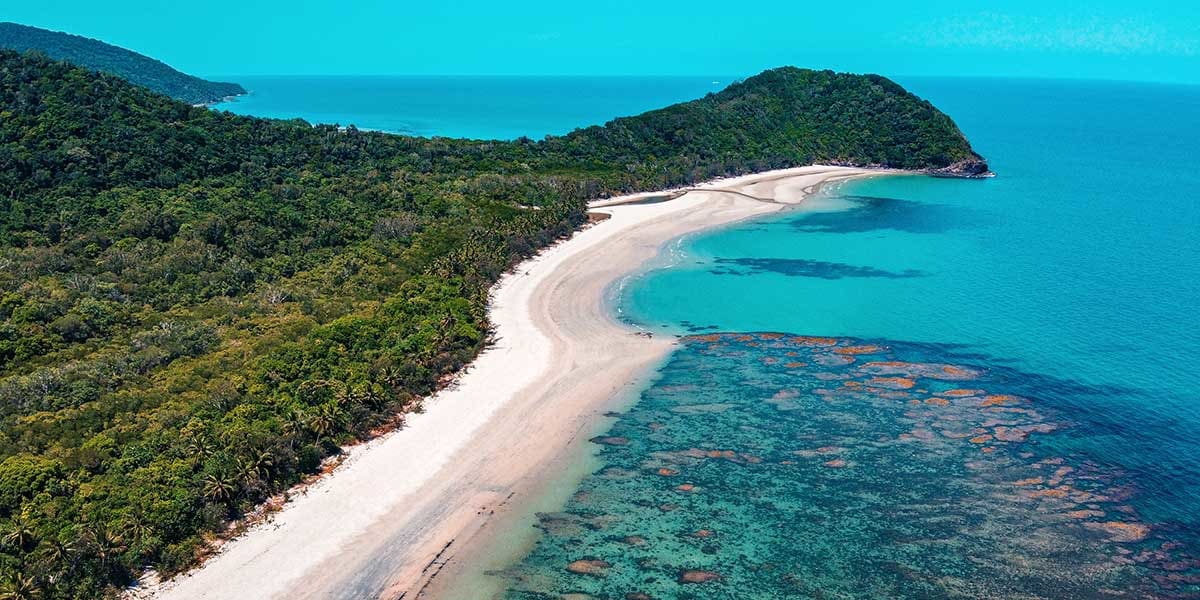
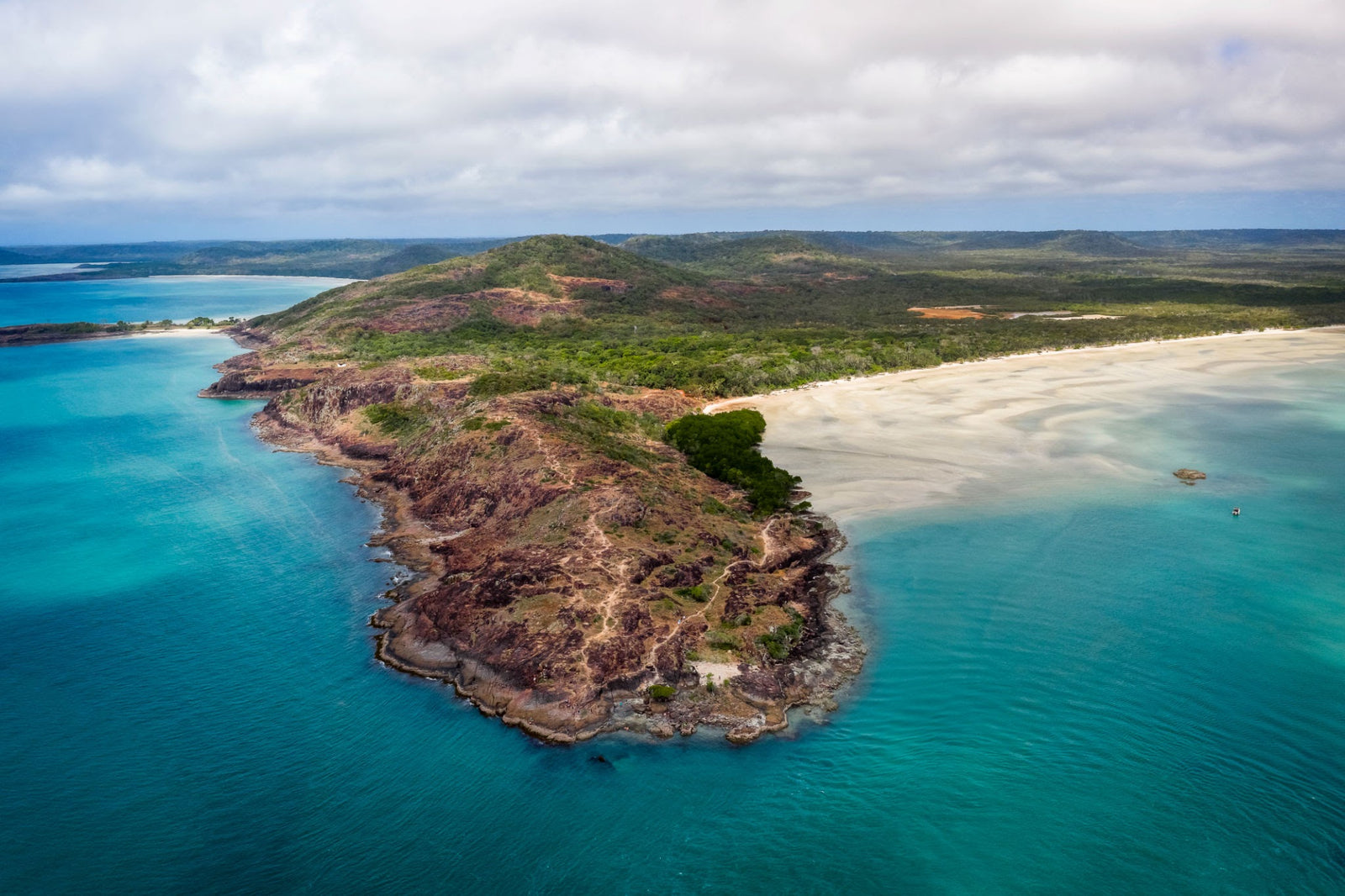

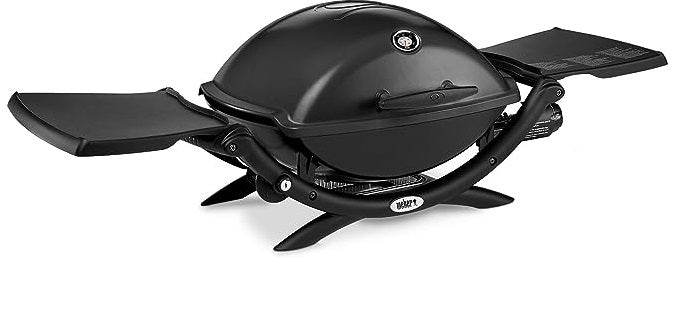
Leave a comment (all fields required)